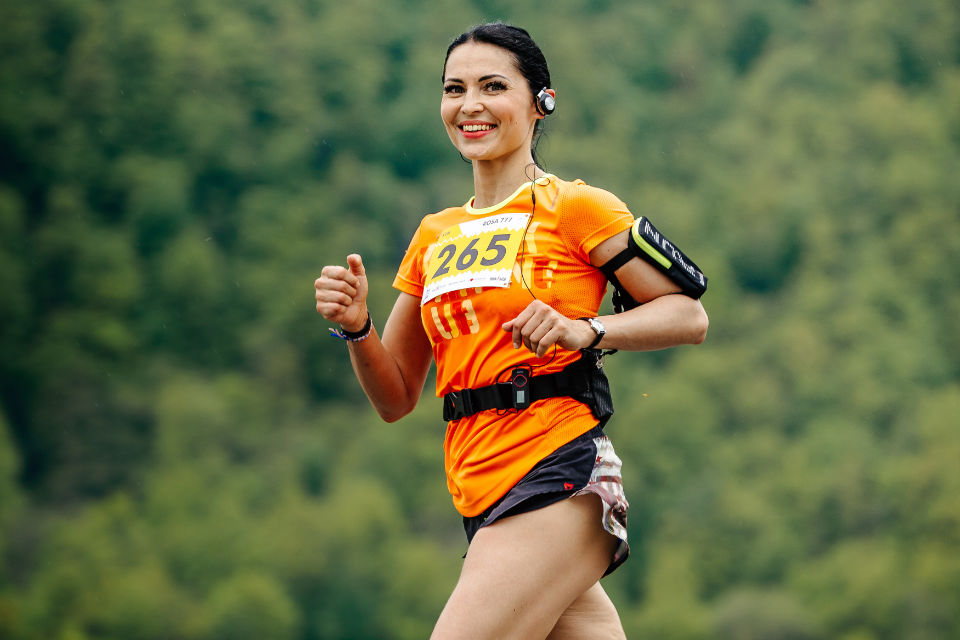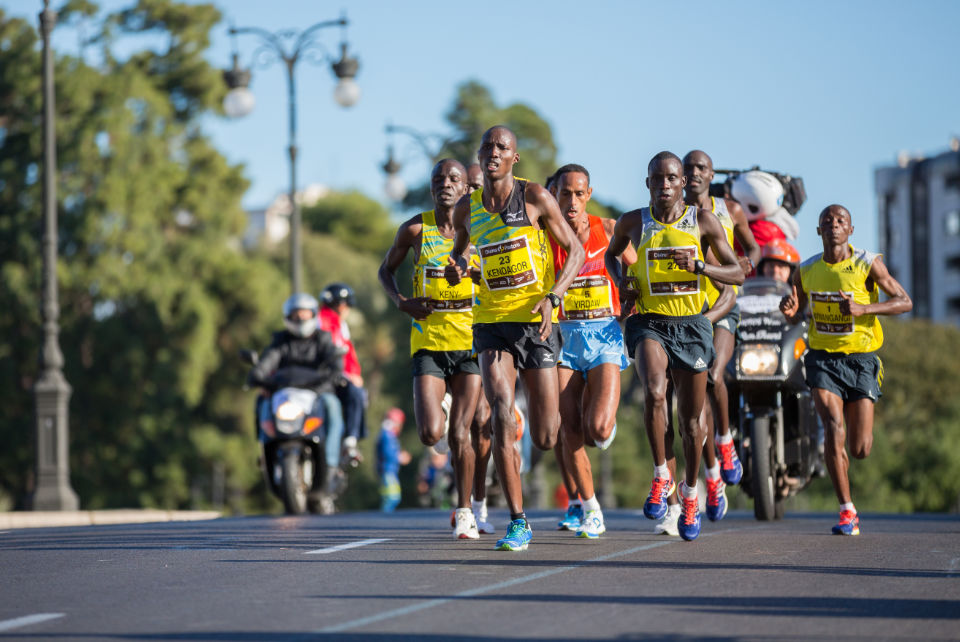While there has not been a solid consensus on the issue, the use of headphones by runners in marathons has been a heavily discussed topic among avid running fans for years. As technology has provided more and more options for easy-to-wear consumer headphones, individuals participating in marathons have increasingly turned to wireless headphones and other portable electronics for use in competition.
Despite the fact that their use is despised by much of the running community, you can’t really blame anyone for being too reliant on a set of headphones during a run. Music is often a welcome distraction from sore and tired legs, and many athletes in a variety of fields make use of headphones while training or competing.
So, should marathons in Singapore ban the use of headphones among runners? Yes, and no.

Yes, mainly for two reasons.
Firstly, runners who use headphones are missing out on a true marathon experience. Participating in a marathon is not a solitary event but rather a group experience where thousands of people at a time participate. Over the course of a marathon, there will undoubtedly be people encouraging one other to push on and finish the race, and runners will often experience the sound of thunderous applause and loud cheering from the sidelines as they progress through the race.
For these reasons alone, a runner wearing headphones during a marathon will miss out on the bliss and communal spirit of the race and likely waste their time and money in the bargain.
It is understandable that runners may want to achieve a new Personal Best (PB), and they may feel that headphones enable them to reach a better state of performance, and it is also possible that for many runners the use of headphones is simply a way to block out the sounds of heavy breathing or feet pounding the pavement that are a distracting part of any run.
However, headphone users will also miss out on the experience of having other runners offering encouragement and giving them an extra push to meet their goals during a marathon, and I guarantee that such runners will not only have a better marathon experience but will also be able to achieve better results when they leave their headphones at home.
Secondly, during any large race, safety concerns are high on the priority list for marathon organisers. Before a race begins, marathon officials will usually broadcast announcements and safety precautions to participants and bystanders to ensure that runners and crowds are within proper boundaries and regulations.
If runners are wearing headphones during the broadcasting of such announcements, they may miss crucial instructions for protocol when an emergency occurs; additionally, emergency vehicles on the marathon courses are a common sight when participants stop due to over-exhaustion, and the ability of runners to hear incoming vehicles is a crucial step to ensuring that emergency vehicles can get to injured persons.

On the other hand, No.
There are many runners who believe that banning the use of headphones is a bit like discouraging people from taking up running in the first place. If races start to implement the ban, in other words, the participation rate for future marathons will drop dramatically, and people will opt to use private running clubs rather than marathons to get their exercise.
In recent times, studies have also shown that music can improve aspects of athletic performance such as pacing oneself during training or competition. Scientific studies have shown different outcomes from syncing the tempo of a piece of music to an athlete’s heart rate, for example, including increased stamina, speed, and athletic performance among participants. Costas Karageorghis, author of the book “Applying Music in Exercise and Sport” has spent 25 years studying music and its effect on the brain. He mentions:
“Music can be a stimulant or a sedative. It can enhance mood, improve muscle control and help the brain build key muscle memories. When the brain is listening to music, it lights up like a Christmas tree. It’s an ideal stimuli because it reaches parts of the brain that can’t easily be reached.”
Therefore, running with the use of headphones can be useful in trying to achieve better results.
Whatever the positives or negatives associated with headphone use during marathons are, the overall decision of whether to ban the devices during races still falls on the marathon directors themselves. They may be encouraged to ban or strongly discourage the use of headphones in races, but they will also have to consider the difficulty of attempting to enforce any anti-headphone rule.
What are your opinions on marathons banning headphones? Do you use a pair of headphones when running? Share your thoughts with us in the comments below!





